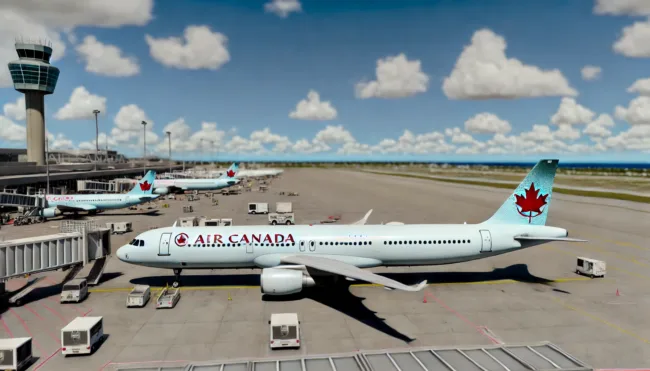Air Canada urges Trudeau to stop pilot strike threatening chaos for travellers
Air Canada has urged Canadian Prime Minister Justin Trudeau to step in as a possible pilots’ strike threatens to ground its operations. This unprecedented request for government intervention has sparked controversy in the aviation sector. The airline’s pilots, represented by the Air Line Pilots Association, International (ALPA), have been in a deadlock over contract negotiations. With over 5,200 pilots prepared to strike, Air Canada is facing massive disruptions that could cripple air travel across Canada and beyond.
The potential strike could commence as early as 15 September 2024, following months of failed negotiations. Air Canada warned that, without intervention, it would be forced to suspend most of its flights. As the airline and ALPA remain unable to reach an agreement on pay, working conditions, and other contractual issues, Air Canada has asked the Canadian government to prepare to step in to avoid a strike that would impact thousands of passengers.

Air Transat’s backlash against Air Canada’s government appeal
The plea for intervention by Air Canada has not gone unnoticed, drawing backlash from other players in the Canadian aviation industry. Air Transat’s Chief Executive Officer Annick Guerard voiced strong opposition, suggesting that such government involvement would unfairly favour Air Canada over its competitors. Guerard highlighted how Air Transat has been at a disadvantage, particularly regarding the terms of government loans since the COVID-19 crisis. She stated that extending this kind of support to Air Canada would further skew the playing field in favour of the country’s largest airline.
Guerard explained that Transat has been struggling to renegotiate its loans with both the federal and Quebec governments, which has impacted the company’s ability to attract new capital. She pointed out that the government should not be seen favouring a single airline, especially in a market already facing uneven competition.
Expert opinion: Could government intervention set a dangerous precedent?
Aviation industry experts argue that if the Canadian government intervenes to prevent the strike, it might set a concerning precedent. Such an intervention could be seen as the government favouring one airline, raising questions about the fairness and transparency of governmental support in the aviation sector. Experts suggest that government intervention should only be considered if there is a clear, undeniable public interest, such as a significant threat to the economy or national security.
The potential ripple effect of a strike at Air Canada is substantial. With the airline accounting for a large portion of Canada’s domestic and international flights, a prolonged disruption could lead to cancelled flights, stranded passengers, and a significant economic impact. The airline industry is already under pressure from fluctuating fuel prices, staffing shortages, and post-pandemic recovery challenges.
Union’s stance and the ongoing battle
The ALPA has not taken Air Canada’s request lightly, asserting that the pilots’ compensation is not on par with North American standards. The union claims that its members have been seeking fair wages and better working conditions since negotiations began in June 2023. Private mediation in January 2024 failed to break the impasse, and a notice of dispute was filed in June, setting the stage for the current crisis. The union remains firm on its stance and has not indicated any willingness to back down, putting pressure on both Air Canada and the government to find a solution.
Discover more from Business-News-Today.com
Subscribe to get the latest posts sent to your email.

